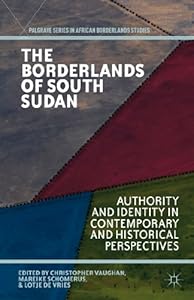I have an essay out with Small Arms Survey on the situation in Abyei, which you can read here. As a taster:
The current situation is eminently productive for the GoS. The deferral of a political resolution to Abyei’s future allows it continue to reap the benefits of the oil revenue from Difra, which it is supposed to share with the Abyei area, while also placating the Missiriya, who graze unopposed in northern Abyei, without the consent of the Ngok Dinka. The United Nations Interim Security Force for Abyei (UNISFA) plays a role in GoS’ current strategy. In order to minimize tensions between the two communities, the peacekeepers have created a security cordon around the centre of Abyei, in order to protect the area in which the majority of the Ngok Dinka live, and allow the Missiriya pastoralists, who annually migrate to the north of Abyei during the dry season, to graze their herds without encroaching on Ngok Dinka agricultural land. The creation of this cordon has had several unintended consequences. Whereas previously the Missiriya would negotiate with the Ngok Dinka over the routes they took through Abyei, the northern pastoralists now graze freely in the north of the territory. This undermines relations between the two communities; annual grazing meetings used to be the time when debts for the thefts and killings of the previous year were addressed, and migratory routes agreed as part of a complex calculus of alliances, kinship, and shifting ecological conditions. For many Ngok Dinka, the Missiriya now graze at will, with UNISFA effectively functioning as their bodyguards.
